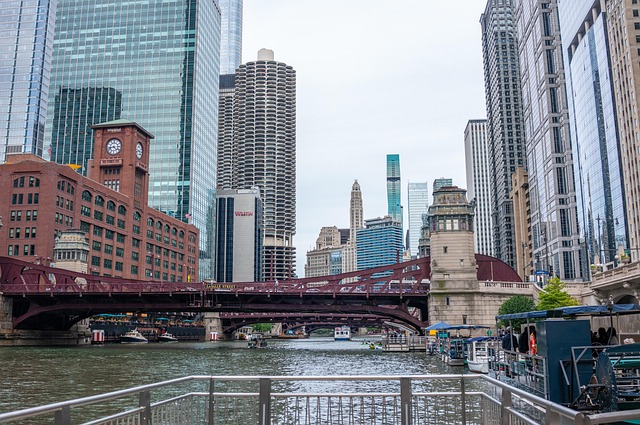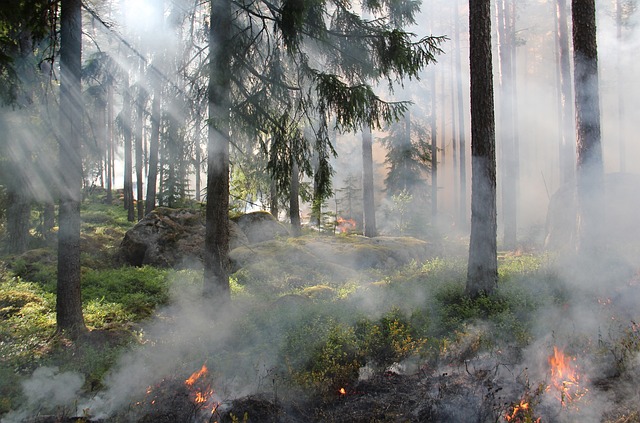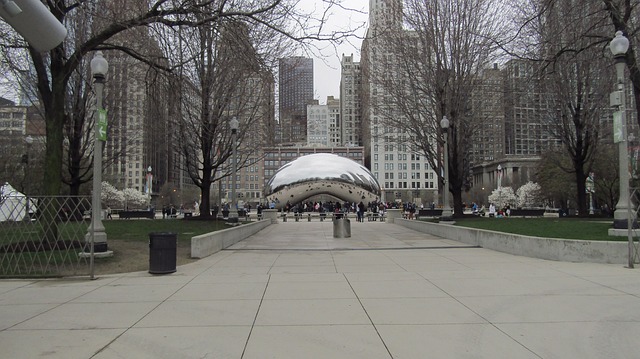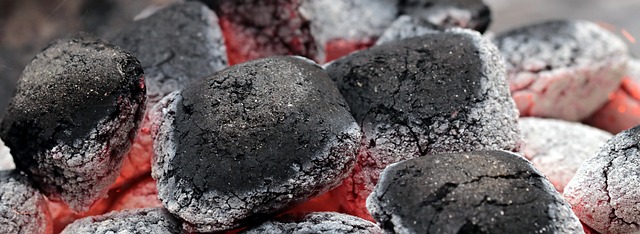Selling a house with fire damage in Chicago presents unique challenges, from structural integrity assessments and safety hazard identification to navigating legal/regulatory requirements. Buyers must consider extensive repairs needed to meet building codes and insurance standards, while sellers face attracting offers due to the property's history. The process involves mandatory inspections, engagement of specialized professionals, and creative marketing strategies to ensure fairness in pricing, compliance with local regulations, and a successful transaction. Engaging experts and implementing strategic renovations are key to navigating this complex market.
“In Illinois, particularly within the bustling city of Chicago, distressed property sales are a prevalent phenomenon, often driven by unforeseen events like fire damage. This article delves into the intricacies of understanding and navigating these unique real estate transactions. We explore how fire-damaged homes in Chicago present both challenges and opportunities for investors. From analyzing the legal and regulatory framework governing such sales to uncovering successful strategies, this guide offers valuable insights for those looking to buy or sell houses with fire damage in the city.”
- Understanding Distressed Property Sales in Illinois
- Fire Damage as a Common Distressor: The Chicago Scenario
- Legal and Regulatory Framework for Selling Fire-Damaged Homes
- Strategies for Successful Sale of Houses with Fire Damage in Chicago
Understanding Distressed Property Sales in Illinois
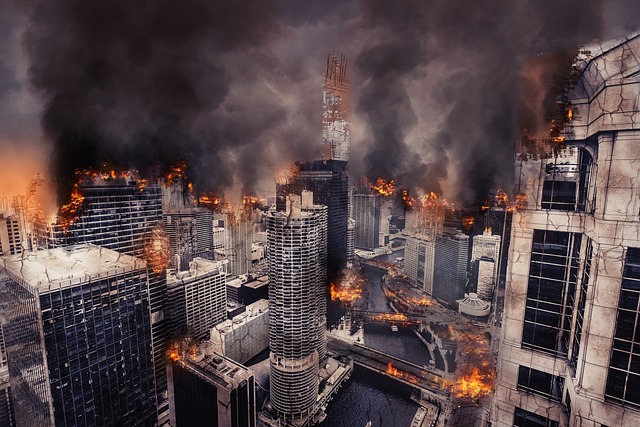
In Illinois, distressed property sales often involve homes that have undergone significant issues, such as fire damage in Chicago. These properties require specialized attention and pricing strategies due to their unique circumstances. Selling a house with fire damage in Chicago necessitates a thorough assessment of the structural integrity and potential safety hazards, followed by an honest evaluation of the market value.
Real estate investors and buyers navigating these sales must consider not just the physical repairs needed but also any legal or regulatory requirements stemming from the distress. For instance, homes with fire damage may require extensive renovations to meet building codes and insurance standards. Understanding these complexities is essential for a successful transaction, ensuring both fairness in pricing and compliance with local regulations.
Fire Damage as a Common Distressor: The Chicago Scenario

In Illinois, particularly in bustling Chicago, distressed property sales often involve homes affected by fire damage. This common distressor can arise from various factors, including accidental fires, arson, or neglect. When a house experiences fire damage, it not only affects the physical structure but also has significant implications for potential buyers and sellers navigating the real estate market.
The Chicago scenario showcases how fire-damaged properties can impact selling processes. Homebuyers typically conduct thorough inspections before making an offer. However, extensive fire damage may reveal hidden issues like structural vulnerabilities or hazardous materials, causing buyers to reassess their interest. Sellers, on the other hand, might face challenges in attracting offers due to the property’s history and the perceived costs of repair. Selling a house with fire damage in Chicago requires transparency, accurate assessments, and sometimes creative marketing strategies to find the right buyer willing to embrace the challenge or capitalize on potential renovation opportunities.
Legal and Regulatory Framework for Selling Fire-Damaged Homes
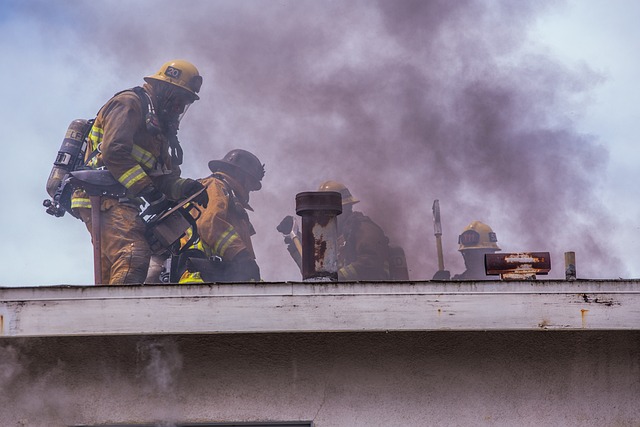
In Chicago and across Illinois, the legal and regulatory framework for selling homes with fire damage is intricate, designed to protect buyers and ensure transparency. This process involves several key steps and considerations. First, a comprehensive inspection is mandatory to assess the extent of fire damage and identify any potential hazards. This inspection report becomes a crucial document in the sale, providing insights into the property’s current condition.
Regulatory bodies like the Illinois Department of Public Health (IDPH) and local building departments play a vital role by setting guidelines for repairing and rehabilitating fire-damaged properties. Sellers must adhere to these regulations, ensuring that any repairs are up to code and safe. For Chicago residents considering buying a house with fire damage, understanding this legal landscape is essential. It’s recommended to engage professionals who specialize in such transactions to navigate the process smoothly, ensuring a fair and legally sound sale.
Strategies for Successful Sale of Houses with Fire Damage in Chicago

When it comes to selling a house with fire damage in Chicago, a strategic approach is essential. The first step is to thoroughly assess the extent of the damage and create a comprehensive repair plan. Engage experienced professionals who can accurately estimate restoration costs and provide transparent bids. This not only ensures fair pricing but also boosts buyer confidence.
During the renovation process, focus on both structural repairs and aesthetic enhancements. Address all safety concerns related to fire damage while incorporating modern building standards. Repaint walls, replace flooring, and update fixtures to create a fresh, appealing space. Additionally, stage the home to showcase its potential, making it more attractive to potential buyers. Effective marketing strategies, such as highlighting the house’s unique transformation story, can set your property apart in the Chicago real estate market.
Distressed property sales, particularly those involving fire damage in Chicago, present unique challenges and opportunities. As highlighted in this article, understanding the legal framework and implementing effective strategies are key to successfully navigating these transactions. For homeowners and investors considering the sale of a house with fire damage in Chicago, staying informed about the local regulations and adopting innovative marketing approaches can facilitate a smoother process. By embracing these measures, participants in the real estate market can contribute to revitalizing communities impacted by distress while ensuring fair and legal practices.

